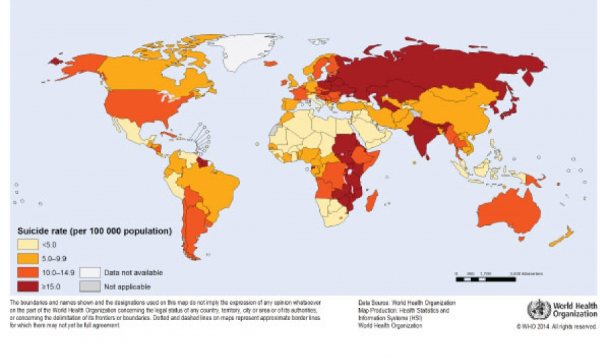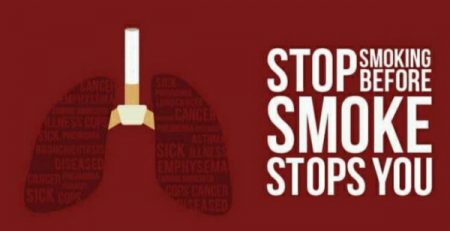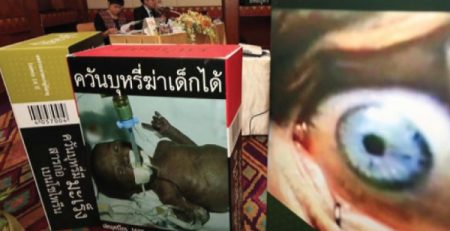Many low- and middle-income countries (LMICs)
Introduction: Many low- and middle-income countries (LMICs) have enacted legislation banning smoking in public places, yet enforcement remains challenging.
The aim of this study was to assess the feasibility of using a validated low-cost methodology (the Dylos DC1700) to provide objective evidence of smoke-free (SF) law compliance in hospitality venues in urban LMIC settings, where outdoor air pollution levels are generally high.
Methods: Teams measured indoor fine particulate matter (PM2.5) concentrations and systematically observed smoking behavior and SF signage in a convenience sample of hospitality venues (bars, restaurants, cafes, and hotels) covered by existing SF legislation in Mexico, Pakistan, Indonesia, Chad, Bangladesh, and India. Outdoor air PM2.5 was also measured on each sampling day.
Results: Data were collected from 626 venues. Smoking was observed during almost one-third of visits with substantial differences between countries—from 5% in India to 72% in Chad. After excluding venues where other combustion sources were observed, secondhand smoke (SHS) derived PM2.5 was calculated by subtracting outdoor ambient PM2.5 concentrations from indoor measurements and was, on average, 34 µg/m3 in venues with observed smoking—compared to an average value of 0 µg/m3 in venues where smoking was not observed (P < .001). In over one-quarter of venues where smoking was observed the difference between indoor and outdoor PM2.5 concentrations exceeded 64 µg/m3.
Conclusions: This study suggests that low-cost air quality monitoring is a viable method for improving knowledge about environmental SHS and can provide indicative data on compliance with local and national SF legislation in hospitality venues in LMICs.
Implications: Air quality monitoring can provide objective scientific data on SHS and air quality levels in venues to assess the effectiveness of SF laws and identify required improvements. Equipment costs and high outdoor air pollution levels have hitherto limited application in LMICs. This study tested the feasibility of using a validated low-cost methodology in hospitality venues in six LMIC urban settings and suggests this is a viable method for improving knowledge about SHS exposure and can provide indicative data on compliance with SF legislation.
© The Author 2016. Published by Oxford University Press on behalf of the Society for Research on Nicotine and Tobacco. All rights reserved. For permissions, please e-mail: journals.permissions@oup.com












